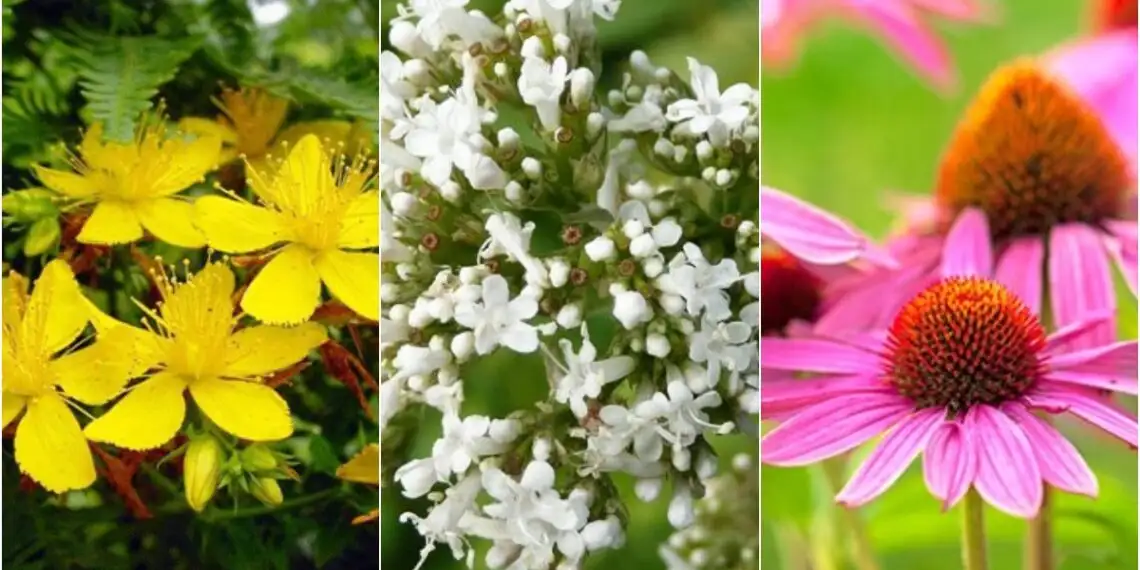
Plants have played an important role in the treatment of diseases for centuries. Despite the medical advances of the modern age, the global demand for herbal medicines is still increasing. So much so that the herbal treatment industry generates approximately 60 billion dollars annually. Some people choose to use herbs as they are more affordable than other drugs. Of course, this situation is not only shaped by people’s personal preferences. It is necessary to start herbal treatment with the approval of experts in the field. Because overuse of some herbs can do more harm than good. On the other hand, these plants are used to support the medical treatment process. For this reason, if you think you have any disease, you should first consult your doctor. In this content, we have listed the 9 most used medicinal plants in the world. Happy reading…
1. Echinacea
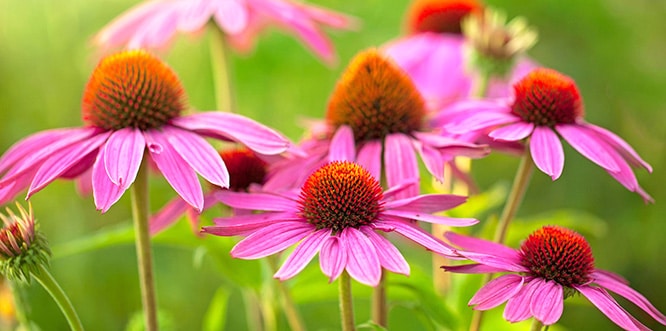
Echinacea, also known as coneflower, is among the most popular herb in the world. Echinacea, a flowering plant, is used for medicinal purposes with its leaves and roots. However, most people believe that the roots have a stronger effect. This plant is used to alleviate the symptoms of diseases such as colds, especially in winter. It is usually consumed in the form of tea or as a capsule supplement. According to the results of a study conducted in 2020; Consuming echinacea reduces the risk of colds by 20%. There are insufficient data to evaluate the long-term effects of this herb. However, short-term use of echinacea is considered safe.
2. Ginseng
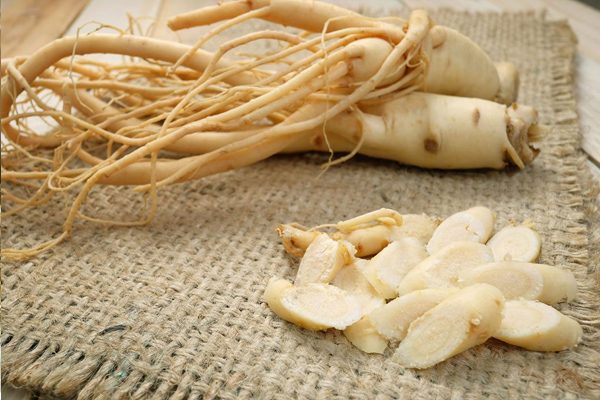
Ginseng is an herb whose roots are usually brewed as a tea or dried and consumed in powder form. This herb is often used in traditional Chinese medicine to reduce inflammation, strengthen the immune system, and increase the body’s energy. There are several varieties of Gingeng. The most popular ones are produced in China and America. Chinese ginseng is thought to relax the body, while American ginseng is thought to be more stimulating. Although ginseng has been used for centuries, there is little modern research to support its effectiveness. Existing studies show that this herb supports the immune system and protects against diabetes. While short-term use of ginseng is considered safe, the consequences of long-term use remain unclear.
3. Ginkgo biloba
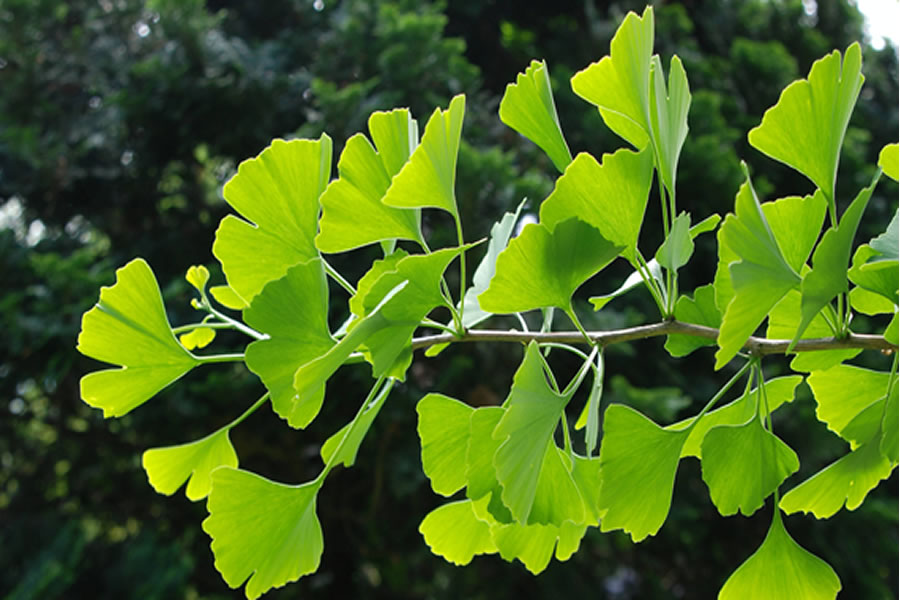
Ginkgo biloba, also known as shrine tree, is very popular in herbal medicine. Native to China, ginkgo has been used in Chinese medicine for thousands of years. Today, it remains the best-selling herbal supplement. This plant, which contains powerful antioxidants, is mostly consumed as a tea. Some studies show that ginkgo seeds are poisonous. Therefore, the seeds should be consumed in very small quantities. Ginkgo is said to be good for various diseases, especially heart disease, dementia, depression and sexual dysfunction. However, there is no scientific research that confirms all this. Most people’s bodies can tolerate this herb. However, ginkgo; It can cause side effects such as headache, palpitations and skin reactions.
4. Elderberry
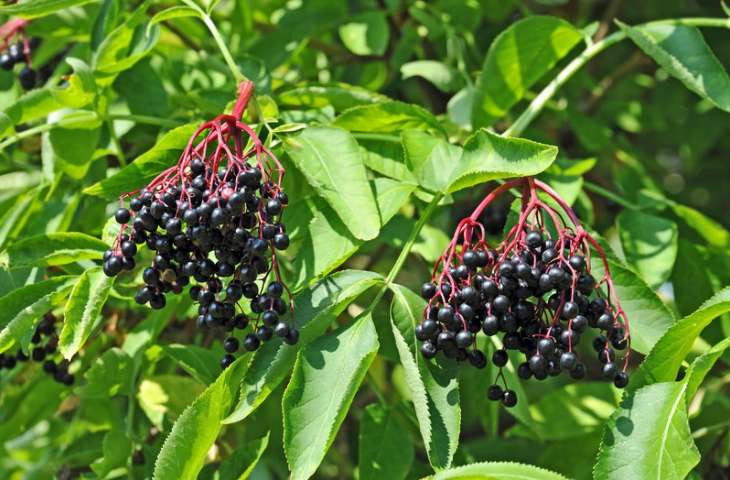
Elderberry, one of the crowning plants of alternative medicine, is a perennial flowering plant. Test studies show that this herb has antioxidant, antimicrobial and antiviral properties. Elderberry has been used for many years to relieve headaches, toothaches, colds, viral infections and constipation. There is no standard dosage of elderberry. Sold as a syrup or lozenge, this herb significantly relieves cold symptoms. You can prepare your own syrup or tea by cooking elderberry with other ingredients such as honey and ginger. But it is worth noting: the unripe fruit of elderberry is toxic. Consuming raw or unripe fruit can cause symptoms such as nausea, vomiting and diarrhea.
5. St. John’s Wort
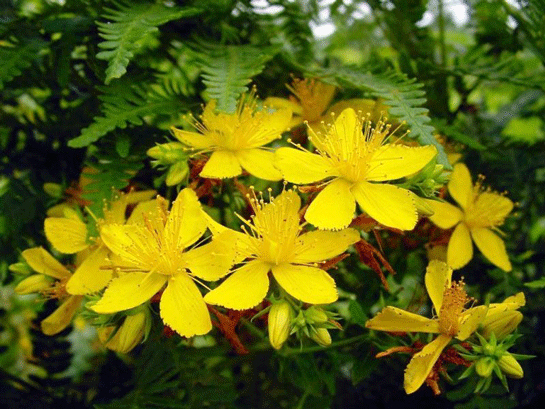
The use of St. John’s Wort dates back to Ancient Greece. This herb has been used for centuries to treat insomnia, depression, scarring and to cure lung diseases. Some experts even prescribe St. John’s Wort to treat mild depression today. Many studies show that short-term use of St. John’s wort is as effective as antidepressant drugs. However, long-term use is not recommended in patients with severe depression. St. John’s Wort has relatively few side effects. In some cases, it can cause allergic reactions, dizziness or dry mouth. St. John’s Wort can cause serious health problems when interacting with some drugs. Therefore, if you are using any medication, it is important to consult a specialist about whether your medication will interact with St. John’s Wort.
6. Turmeric
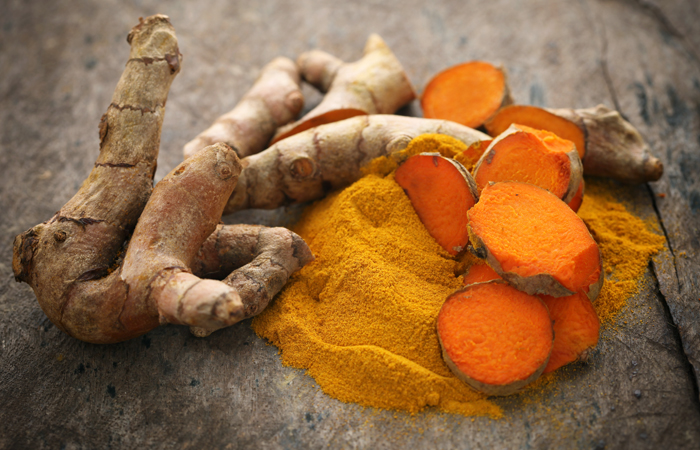
Turmeric, a member of the ginger family, has been used in both food and medicine for thousands of years. This plant, which draws attention with its strong anti-inflammatory properties; It is known for treating many diseases such as metabolic syndrome, chronic inflammation, pain and anxiety. Turmeric is generally considered safe to use. You can use turmeric as a spice in meals or consume it as a tea. However, excessive consumption can cause diarrhea and skin irritation.
7. Ginger
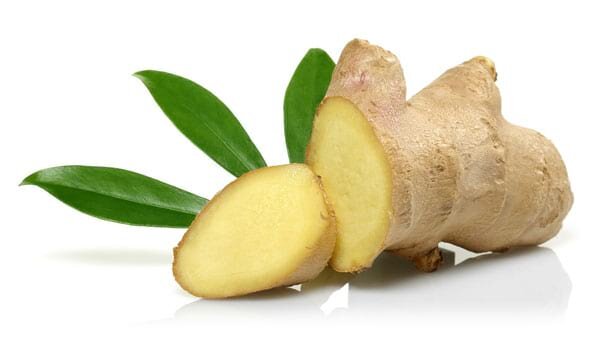
Like turmeric, ginger is among the medicinal plants that grow underground. Ginger, which has been used for many years to treat colds, nausea, migraine and high blood pressure, contains numerous beneficial components. It is most commonly used today to relieve nausea associated with pregnancy, chemotherapy, and surgery. Animal studies reveal that ginger is beneficial in preventing diseases such as heart disease and cancer. Some studies suggest that regular use of ginger may reduce the risk of blood clots. Ginger has very few negative side effects. However, it is recommended not to be consumed in very high doses.
8. Valerian
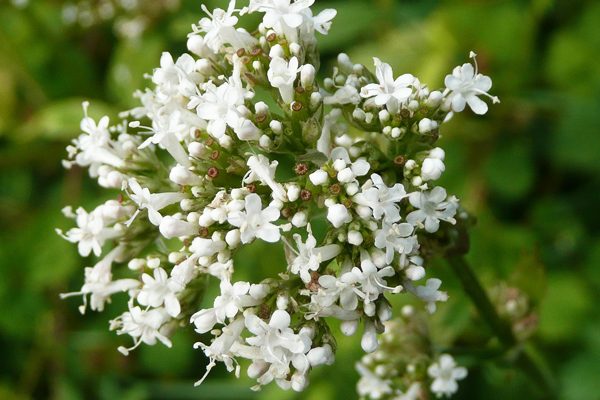
Known for reducing stress, valerian has been used in alternative medicine for hundreds of years. Consumed in capsule form or as a tea, this herb is mostly used to treat insomnia and anxiety today. On the other hand, support can be obtained from valerian for the treatment of obsessive compulsive disorder. It is also known that this plant, which is good for headache and muscle pain, is good for premenstrual syndrome. Valerian tea can give a feeling of weakness and lethargy. For this reason, it is recommended to consume tea one hour before sleep at night, not during the day.
9. Chamomile
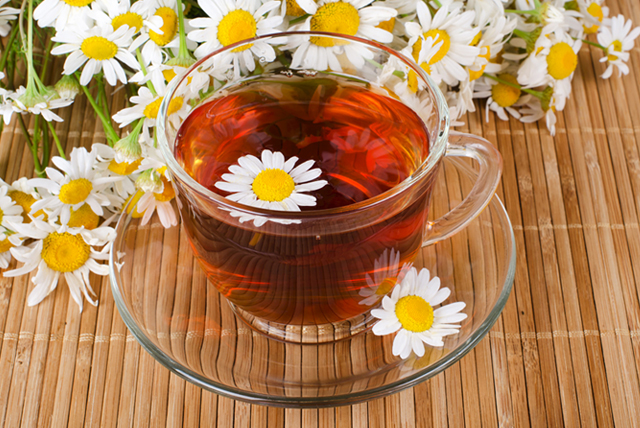
Chamomile, one of the most popular herbs in the world, contains different types of antioxidants. Some of these antioxidants can be effective in reducing the risk of serious diseases such as cancer and heart problems. Mostly consumed as a tea, chamomile helps regulate the digestive system. It is also known to be good for sleep problems. However, chamomile tea has been used for thousands of years to treat nausea, diarrhea, constipation, urinary tract infections and upper respiratory tract infections. Human studies show that chamomile tea reduces stress and relieves cramps associated with premenstrual syndrome. This herb is mostly considered safe. However, chamomile tea can also cause allergic reactions if you are allergic to similar herbs such as marigolds







